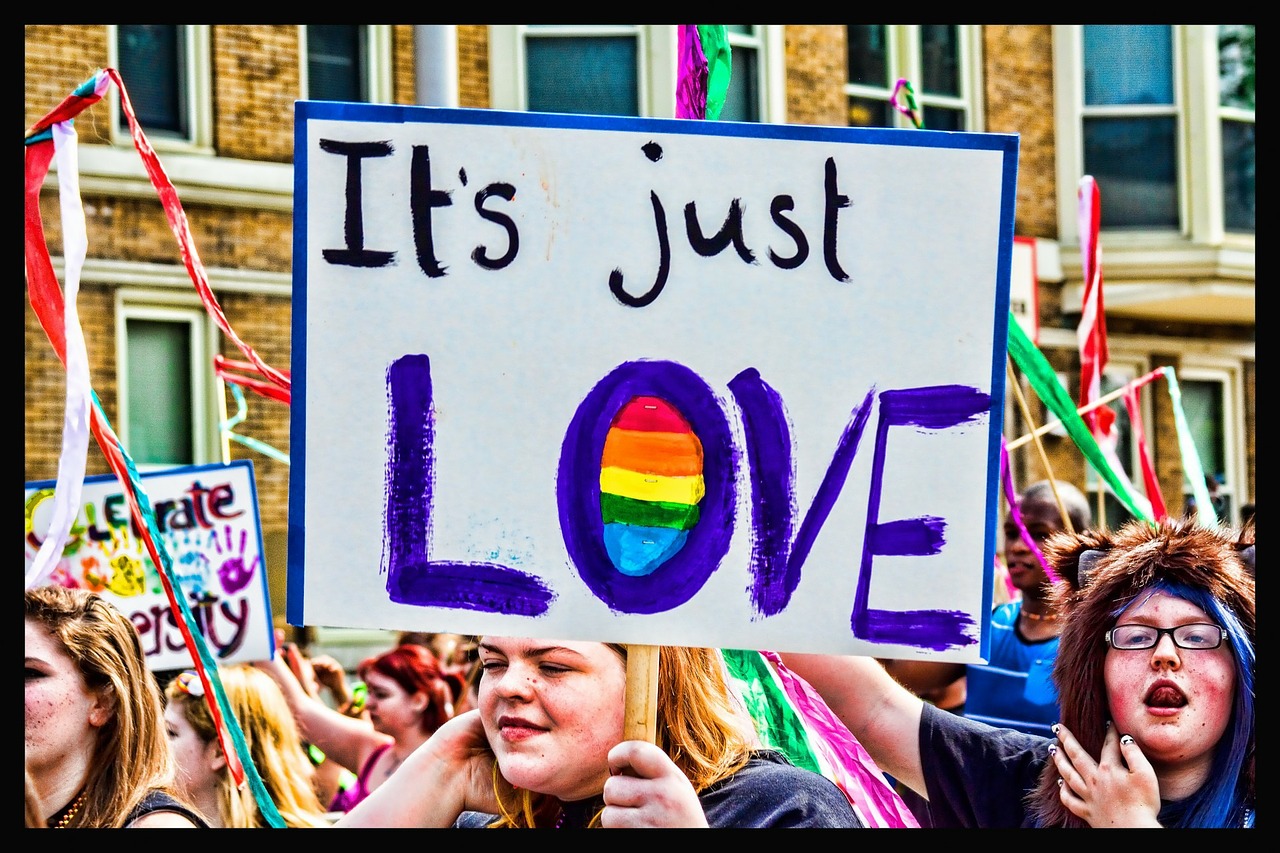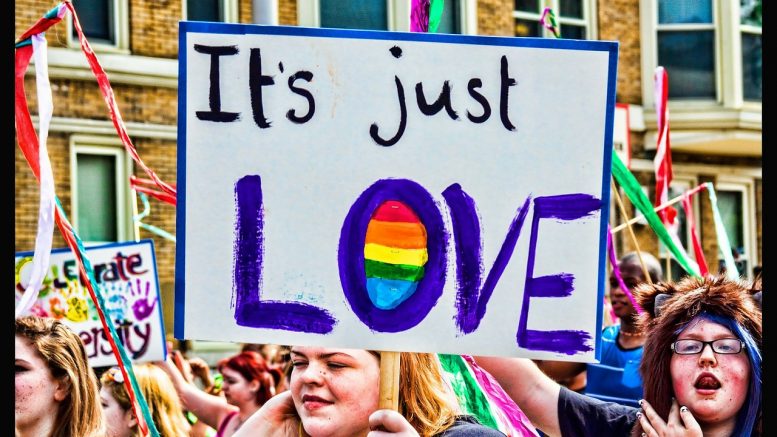The Anglican Church will vote on approving blessings for gay couples after a motion was passed by a diocese and backed by its bishop
It comes from the Diocese of Hereford the proposal to introduce services for same-sex couples after having performed a civil partnership.
The motion will seek approval from the Church of England Synod for the first time, after being passed by the diocesan assembly.
Reverend Richard Frith, bishop of Hereford, declared that the move comes after several requests for blessings from same-sex couples within the diocese.
He explained to the News & Star that “the motion is part of a much wider debate, asks for guidance on materials to be used in affirming and praying with same-sex couples.”
He also said that clergy is encouraged to approach requests in a pastorally and sensitive way.
Blessings are religious services of acknowledgement and approval of the commitment between a couple. The blessings occur after the pair is united in a civil partnership or married with a secular, not specifically religious, ceremony. With such ritual, the couple receives God’s blessing for their life together.
The debate that the Church of England will face is part of a bigger argument both within the Anglican Church and the Roman Catholic Church.
In fact, although same-sex marriages are still banned in Anglican churches in England and Wales, Scotland approved them in June, becoming the first Christian Church in the UK to do so.
Back then, the Synod in Edinburgh declared that clergy can “opt-in” to celebrate gay unions but added it would protect those who would refuse to do it because felt to act against their conscience.
The equality campaign group Stonewall Scotland said to the BBC it was “delighted” with the decision taken by the Scottish Episcopal Church and the group’s director Colin Macfarlane said: “This step allows couples to celebrate their love within their faith and sends a really positive message to other LGBT people, both here and around the world”.

LGBT rights supporters during a gay-pride. Photo Credit: Pixabay
Where are same-sex marriages allowed?
The legalisation is spreading across the globe and so far more than 25 countries approved religious and civil marriage ceremonies. The first one to pass the law was the Netherlands in 2001, followed by Spain, Canada and Argentina. Foreign Policy reports that “at least two countries have legalised every single year since 2009”.
Germany, which approved same-sex marriage in July, saw the first such wedding on 2 October, in Berlin. The new law resulted from a parliamentary vote in June, after Chancellor Angela Merkel, who was strongly against gay marriage, agreed to put the motion on vote. The event occurred only a few months before national elections.
How does same-sex marriage differ from the civil partnership?
Civil partnerships are legal unions exclusively created for same-sex couples with the aim to provide them with some legal rights that opposite-sex couples can benefit from through marriage. It recognises the couple’s union on issues such as inheritance, pensions provision, child maintenance, and life assurance. Civil partnerships are a civil procedure and do not involve a religious ceremony. Differently, same-sex marriages allow either a civil ceremony or a religious one.
So why is it important to have same-sex marriage recognised?
Among the several reasons for wanting gay marriage to be recognised, LGBT groups and supporters argue that the still existing distinction between civil partnership and marriage perpetuates the idea that gay couples are not equal in terms of rights, and therefore not fully recognised.
Words: Fabiola Zaccardelli I Subbing: Silvia Tadiello

